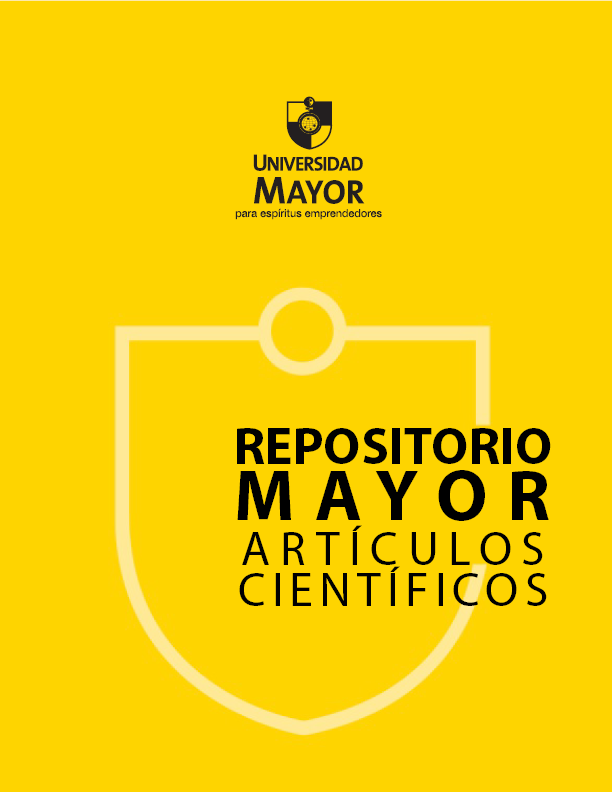Effects of composition and structure variables of urban trees in the reduction of heat islands; case study, Temuco city, Chile

Fecha
2023-11Autor
Moreno, Roberto
Zamora, Ricardo
Moreno-García, Norman [Territorio Mayor, Universidad Mayor, Temuco, Chile]
Galán, Carmen
Ubicación geográfica
Notas
HERRAMIENTAS
Acceda a títulos restringidos
¿Cómo descargar?Resumen
The Urban Heat Island (UHI) effect is a growing problem that has a critical impact on human thermal comfort and public health. Some strategies to reduce the UHI effect are increasing the amount of urban forest. This research aims at assessing the effect of the composition and structure of urban trees, as part of cities's Green Infrastructure (GI), on the UHI phenomenon in the south of Chile. Linear regression analysis and non-parametrical statistical tests were used to assess the relationship. Micro-level features analysis demonstrates that shape and quality of trees have significant effect on temperature oscillations (p-value = 0.003 and 0.072, respectively). Better quality and larger area of canopy favour the refrigeration process. Besides, there are differences between native and introduced tree species behaviour, but they do not result significant. Composition and structure variables of the GI are relevant for dealing with the UHI phenomenon. Then, a proper management of the urban GI would ensure better and more sustainable planning of cities.
URI
https://repositorio.umayor.cl/xmlui/handle/sibum/9459https://www.sciencedirect.com/science/article/abs/pii/S0360132323008867
https://doi.org/10.1016/j.buildenv.2023.110859
Coleccion/es a la/s que pertenece:
Si usted es autor(a) de este documento y NO desea que su publicación tenga acceso público en este repositorio, por favor complete el formulario aquí.